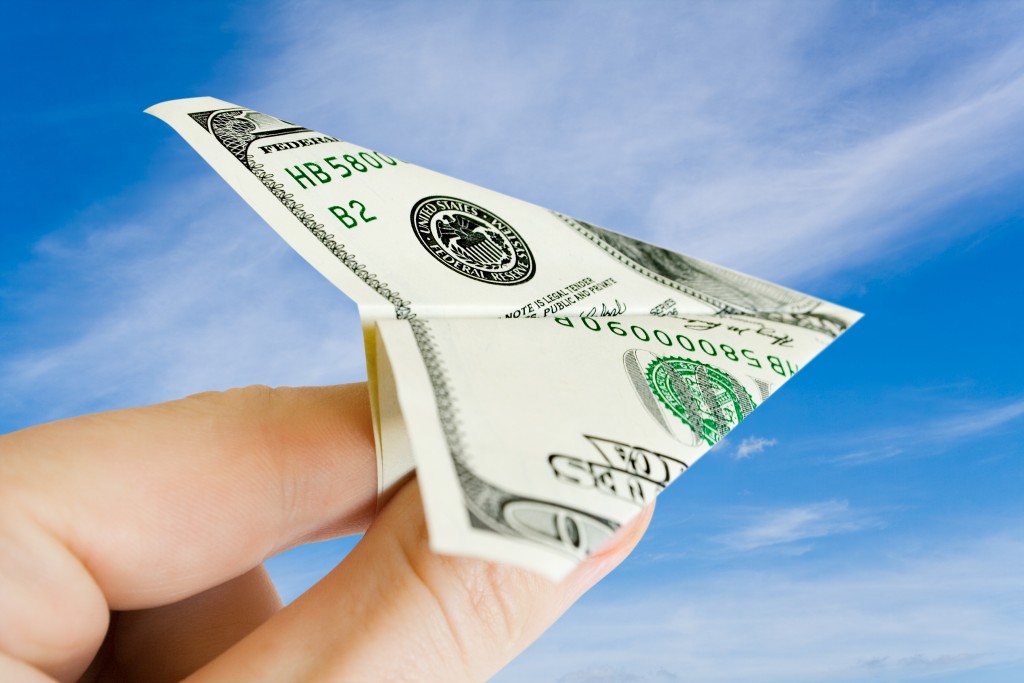Wasting Money: 29 Ways To Stop Throwing Away Cash
I consider myself a Budget Jedi. I watch my accounts like a hawk, shop sales, and stay home more often than I’d like to save money. But back in February, I realized I was still wasting money. In fact, I blew $35.94 in one week. You can read my full money wasting confession here.
But I don’t think I’m the only one with a few leaks in her finances.

29. Impulse Buys
Who doesn’t know that impulse purchases are a bad idea? I’ve even realized it was a bad idea as I was doing it. So here are three quick tips: 1. Make a shopping list. Take it with you and stick to it.
2. Eat beforehand. An empty stomach can doom the most prepared shopper, especially at the supermarket.
3. Shop alone. Bringing children (or a significant other who acts like a child) is a sure way to fill your cart with impulse buys.
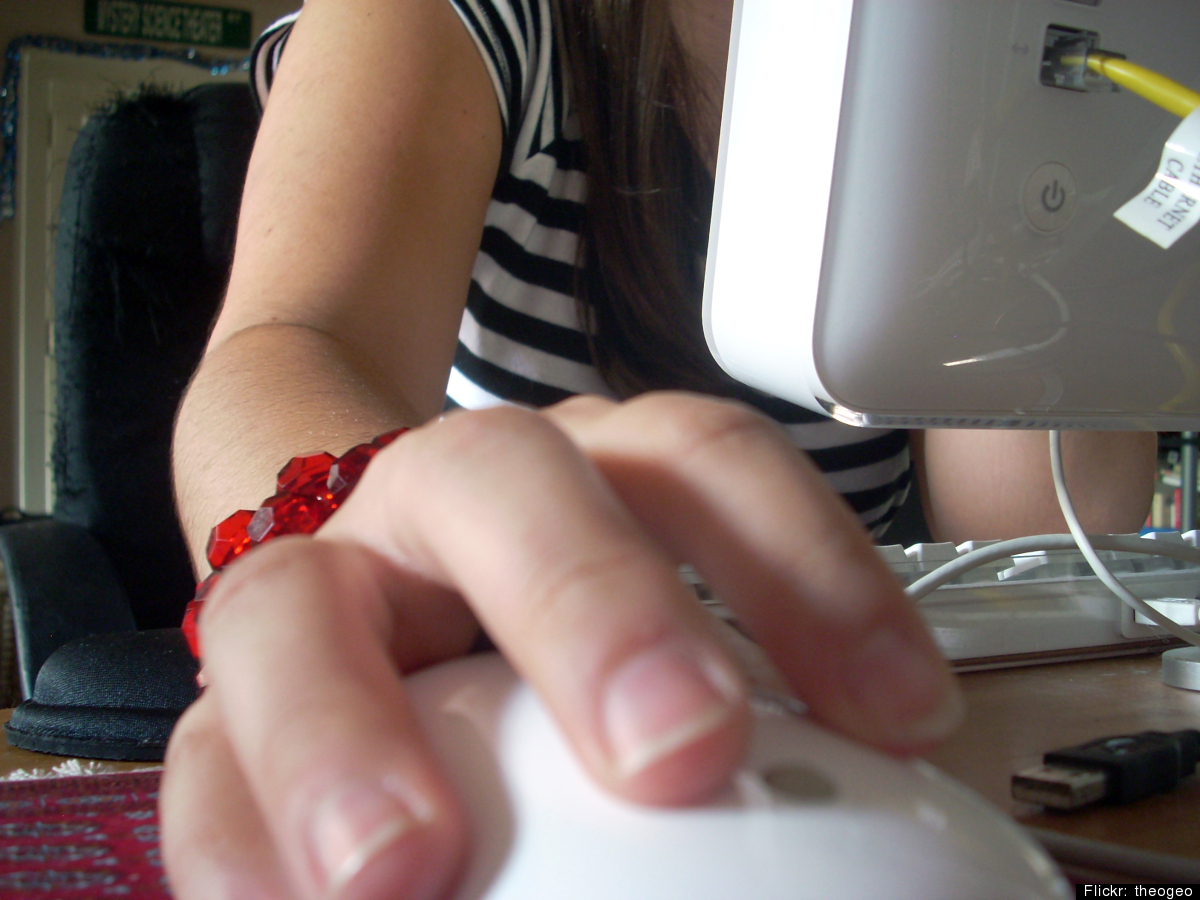
28. Buying Online Without Comparison Shopping
When you shop online, there are hundreds of sites competing for your business. Buy those shoes at the first site you go to and you may be wasting money. Compare the purchase and shipping price at three or more sites before you buy anything.

27. Paying For Protection You Don’t Need
While you need to protect some things in your life – like your car or your house – you don’t need to insure everything. Check out 8 Types of Protection Not Worth Paying For and see what you can live without.

26. Being Disorganized
Being disorganized about your finances leads to costly late payment fees and overdraft charges. You can easily rack up hundreds in fees. For example, even a single $25 late fee per month will cost $300 extra a year. Set up bill reminders and keep your checkbook balanced.
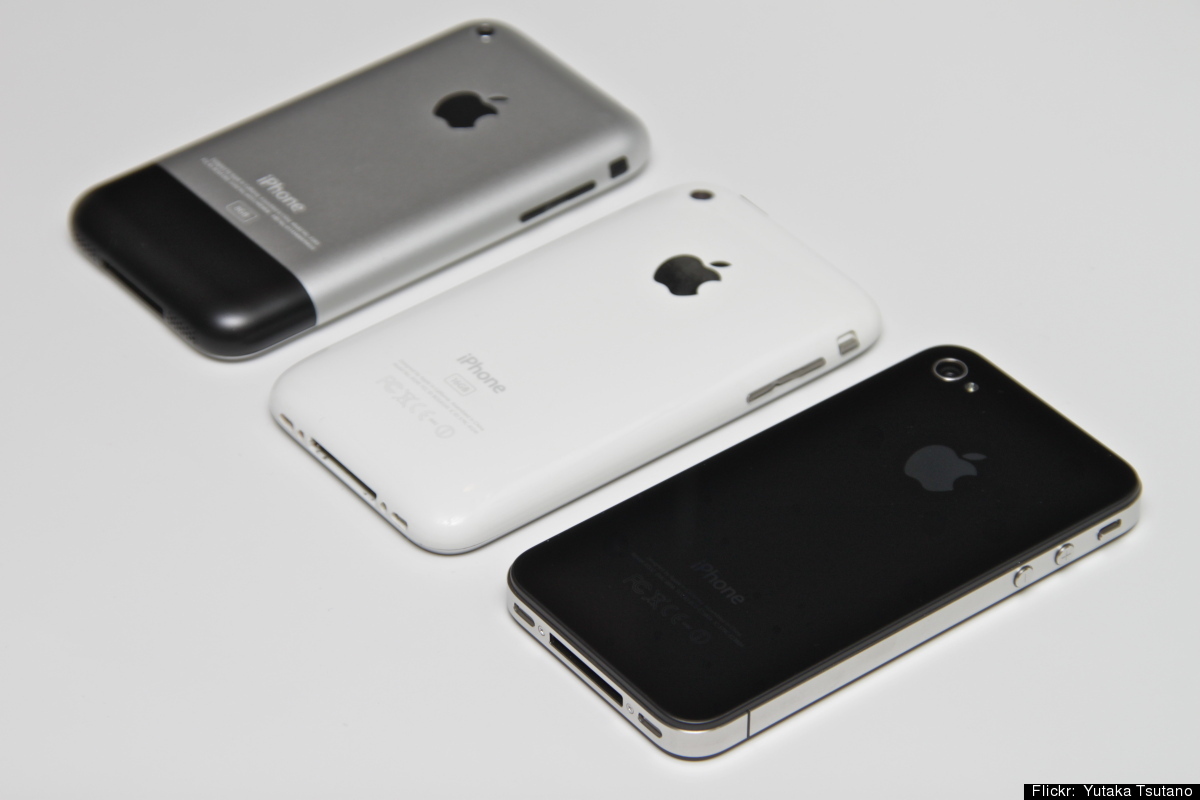
25. Expensive Cell Phone Plans
Consumer Reports says the average person spends $600 a year on wireless service. But many people pay for services they never use. For example, I had an $85 unlimited plan and rarely used more than 1,000 minutes a month. So I switched to a cheaper 1,000-minute plan and saved $20 a month.
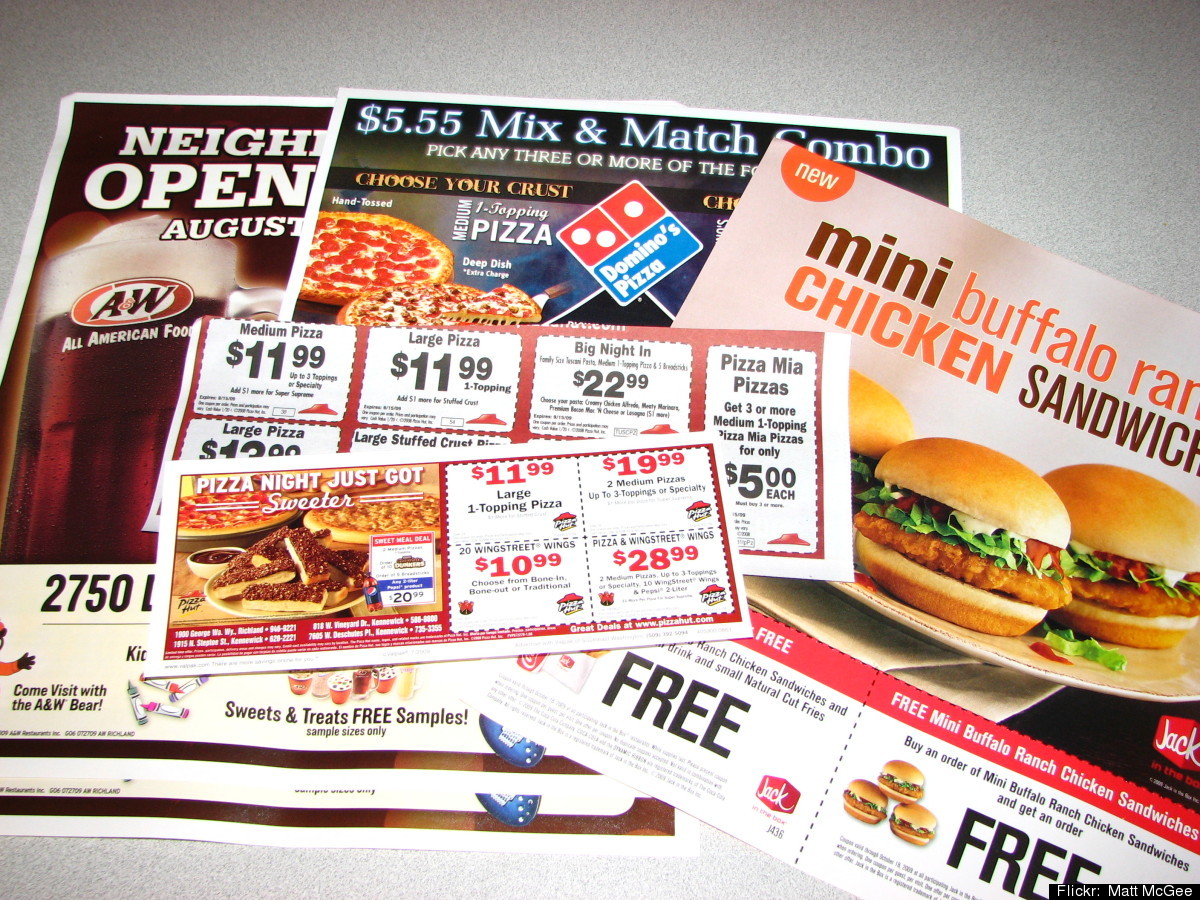
24. Not Using Coupons
Now that coupons are available online, you’re wasting money if you’re not using them. Do a quick coupon search before you buy anything, including clothes, groceries, and electronics. You can find coupons on our deals page or on sites like: RetailMeNot, Redplum, and SmartSource.com.
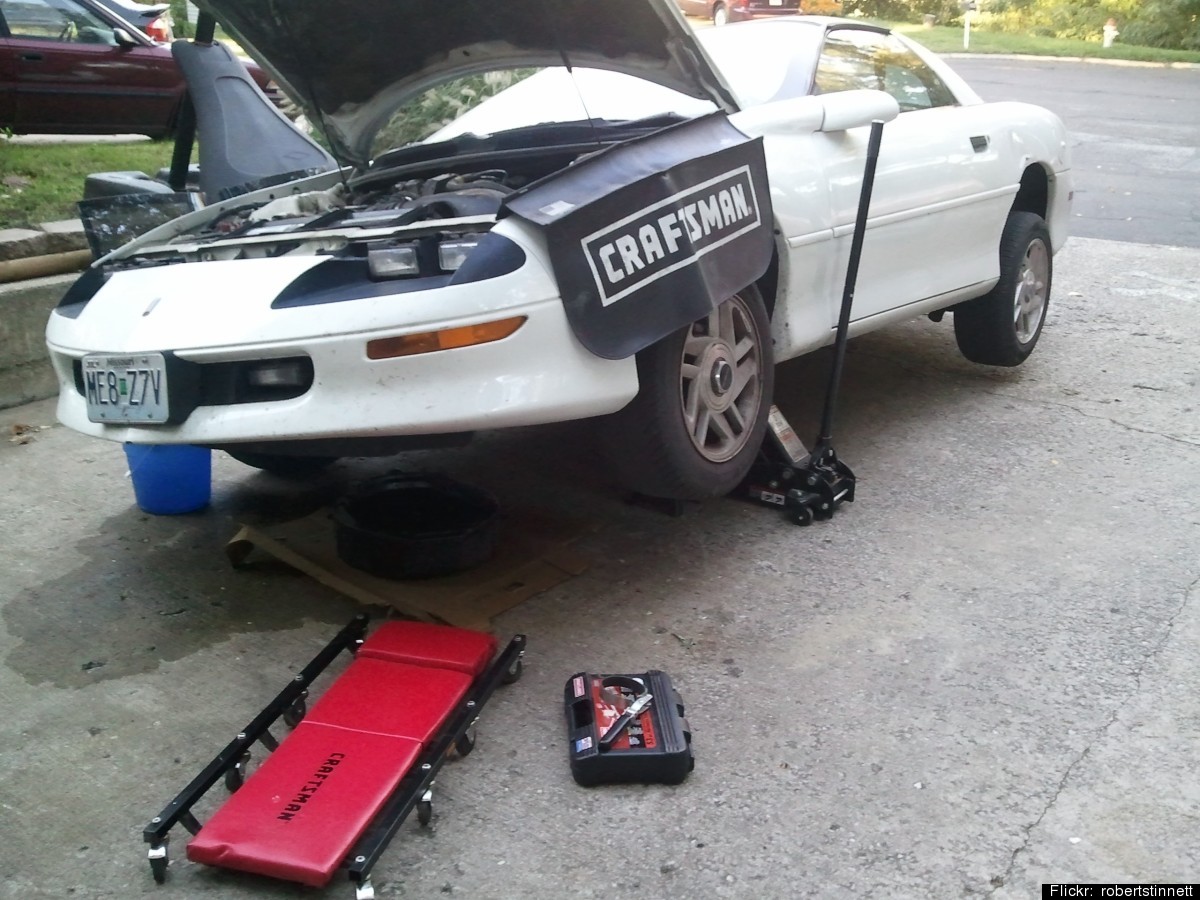
23. Oil Changes
Cars don’t need oil changes as frequently as they used to. If you’re getting your oil changed every 3,000 miles, you’re probably doing it too often (and wasting money). Follow the recommended mileage in your owner’s manual.
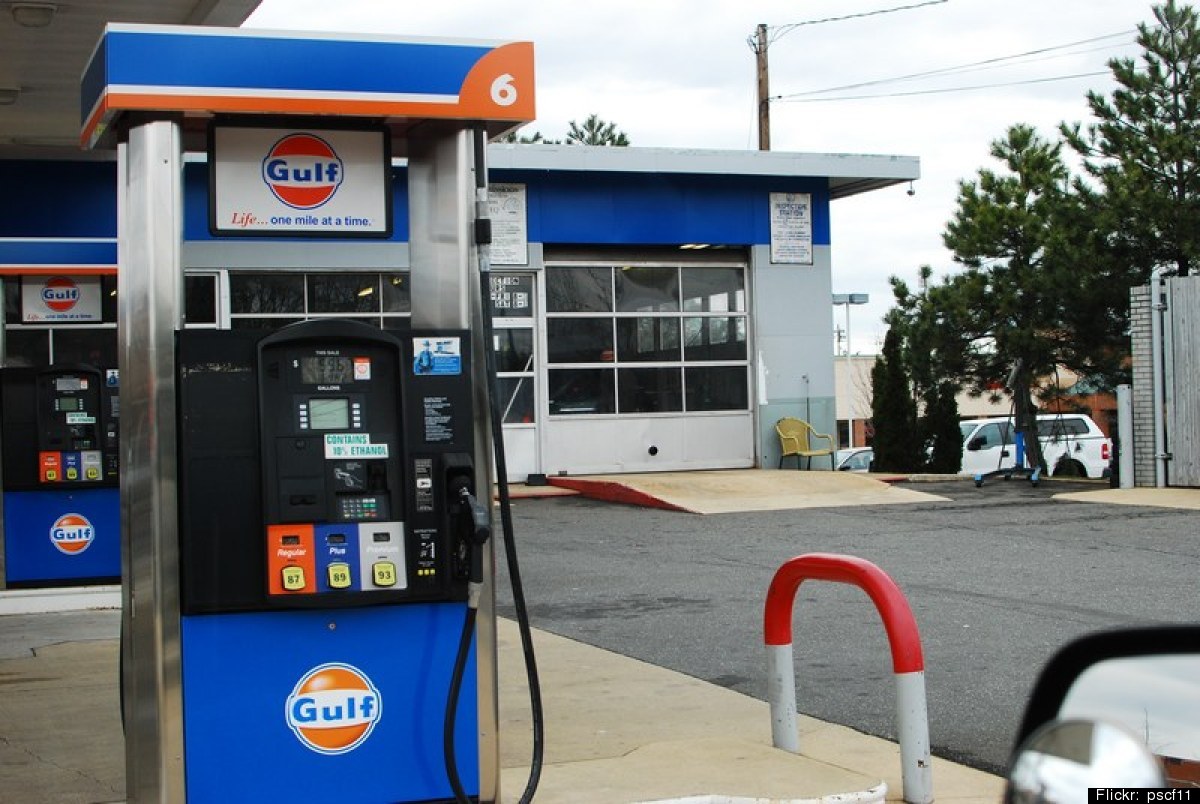
22. Premium Fuel
Unless your car requires premium fuel, you don’t need it. Buying premium isn’t going to extend the life of your car or give you a significant MPG boost. In fact, Edmunds studied cars built from 2008 to 2012 and found that many models didn’t even need premium fuel – even though the manufacturer recommended it. Here’s what they had to say about it:
In today’s automobiles, advances in engine technology mean that even if the owner’s manual recommends premium gasoline, the car will typically run on regular without knocking. Its performance will suffer only slightly: Perhaps it might be a half-second slower from zero to 60 mph. The key for drivers is to know whether premium gasoline is merely recommended or if it’s required.
In today’s automobiles, advances in engine technology mean that even if the owner’s manual recommends premium gasoline, the car will typically run on regular without knocking. Its performance will suffer only slightly: Perhaps it might be a half-second slower from zero to 60 mph. The key for drivers is to know whether premium gasoline is merely recommended or if it’s required.

21. Not Taking Advantage Of A 401(K) Company Match
Many companies will match an employee’s 401(k) contribution up to a certain percent. If you’re not contributing enough to meet the maximum match, you’re losing out on free money. Ask your HR department for information on your company match.
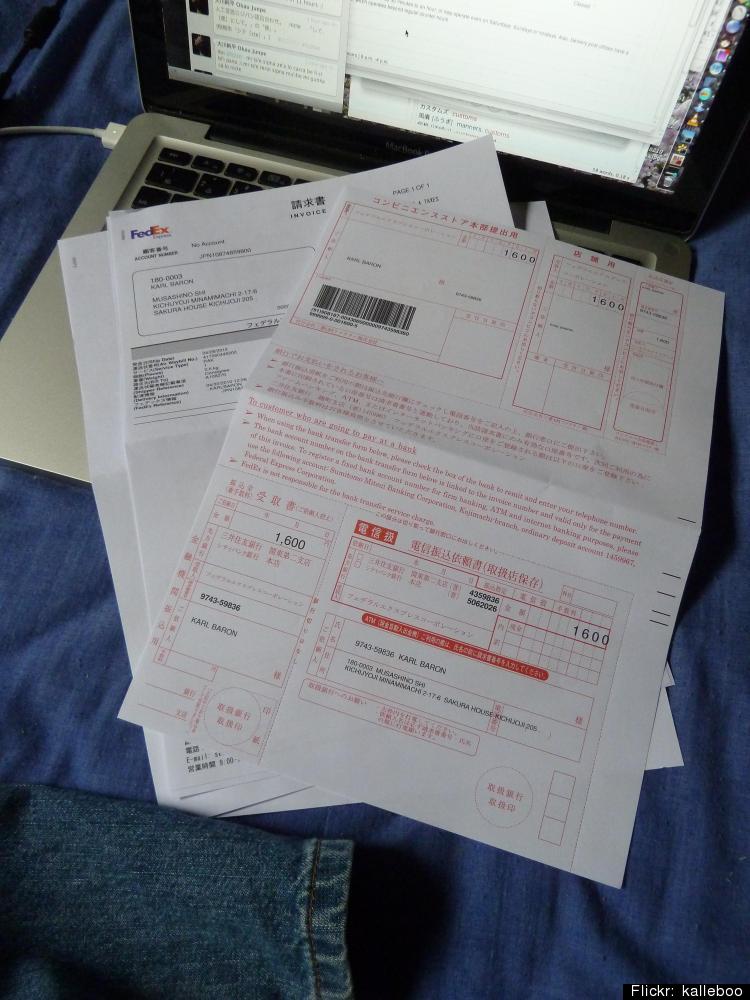
20. Bill Pay Convenience Fees
Some online or over-the-phone bill payment services come with fees. For example, my electric company charges $2.95 to pay online through their website. Instead, I use free bill pay through my bank. I still get to pay online, but I skip the fee and save $35.40 a year.

19. Hotel Fees
In many hotels, you’ll pay automatic fees on top of your room price. Just paying those fees without finding an alternative (or fighting them) is a waste of money.
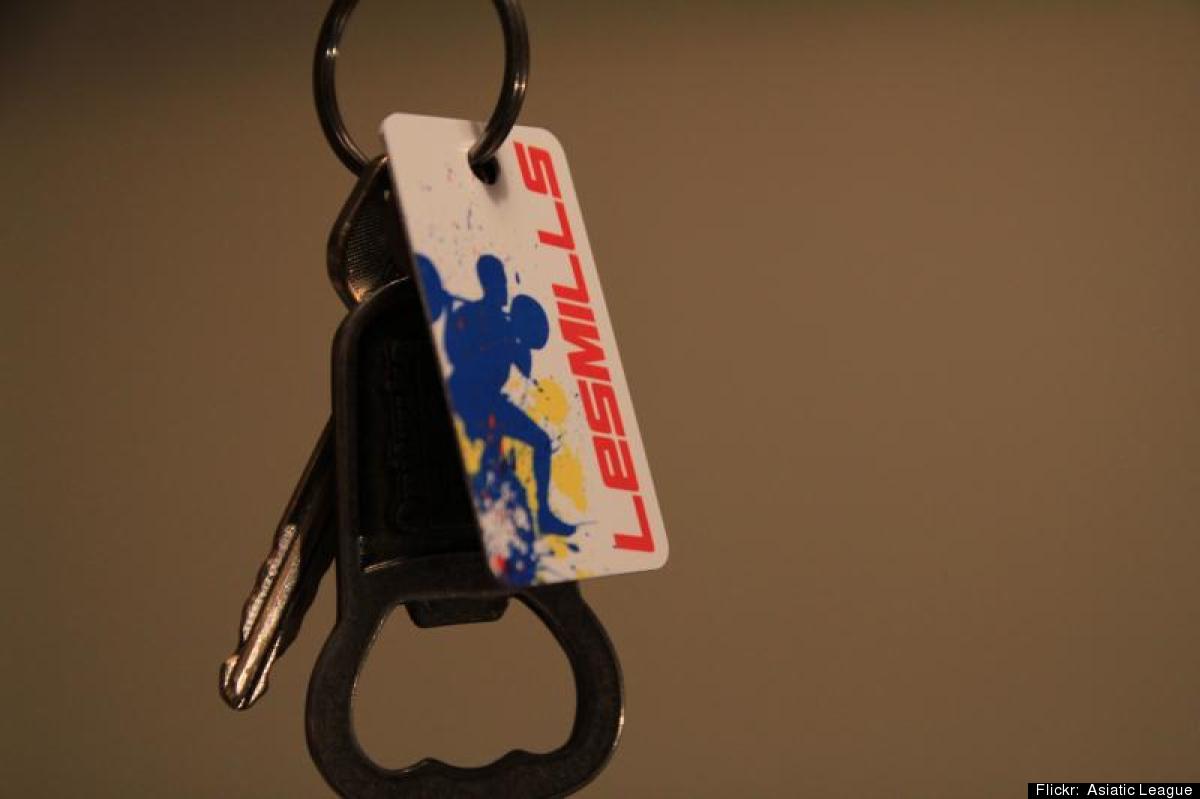
18. Paying For Services You Don’t Use
Automatic withdrawals make us lazy with our money. If you’re paying for something each month – like a gym membership, magazine subscription, or streaming service – make sure you use it, or those charges will add up to wasted cash. For example, here are mine:1. Gym membership – $29.99 per month
2. Netflix subscription – $9.99 per month
3. Popular Mechanics subscription – $1 per monthThat’s more than $40 a month. I make sure I get my money’s worth out of them.
2. Netflix subscription – $9.99 per month
3. Popular Mechanics subscription – $1 per monthThat’s more than $40 a month. I make sure I get my money’s worth out of them.
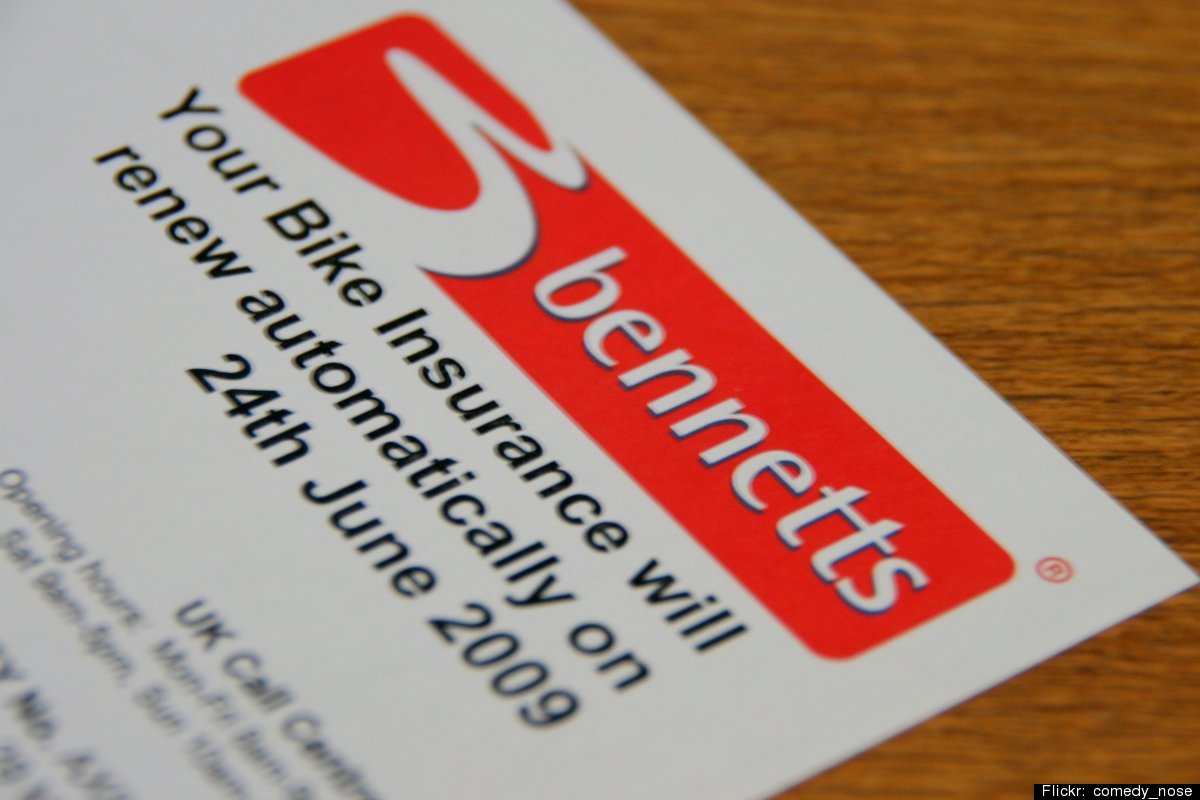
17. Ignoring Your Insurance
Becoming complacent about your insurance can cost you money. Stacy recommends shopping around for new insurance once a year – because when premiums drop or new, cheaper policies are available, no one’s going to tell you if you don’t ask. Check out our insurance comparison tool to shop for a better rate.

16. Wasting Utilities
Growing up, I got several lectures on leaving the lights on or keeping the front door open and “air conditioning the entire neighborhood.” I didn’t care too much then because I didn’t pay the bill, but now I’m strict with my electricity usage. The result: My summer utility bills rarely top $100. If you’ve got lights on in a room you’re not sitting in, you’re wasting money.

15. Dining Out
I like to have a nice meal out every once in a while, but I’ve wasted a ton of money eating fast food I didn’t really want because I didn’t plan ahead. If I hit the drive-thru twice a week, I spend $12 on average. That is $48 a month – or enough for a really nice meal I actually wanted.

14. Morning Lattes
In my area, a Grande Caramel Macchiato costs $4.55. Buy one every weekday and you’ll spend $22.75 a week, $91 a month, and $1,092 a year. By comparison, a 16 ounce bag of coffee costs me $5.99 and I can make about 82 cups per bag. That is 7 cents per cup, a savings of $4.48 a day. Make your coffee at home and skip the fancy coffee-house drinks.

13. Buying Software
Many popular software programs have free alternatives that are just as good as the paid versions. For example, the free OpenOffice suite includes word processing software. Pixlr offers free online photo editing with both vintage effects and a basic editor. For more advanced editing, use free software like Gimp.

12. Long-Distance Calls
Most wireless plans include free long distance. If you call during off-peak hours, you won’t use your minutes, either. You can also make long-distance calls over your Internet connection with Skype and Google Voice – both services offer free state-to-state calls. International calls cost 2 to 15 cents per minute through Google Voice. Skype ranges from 2 to 23 cents per minute.
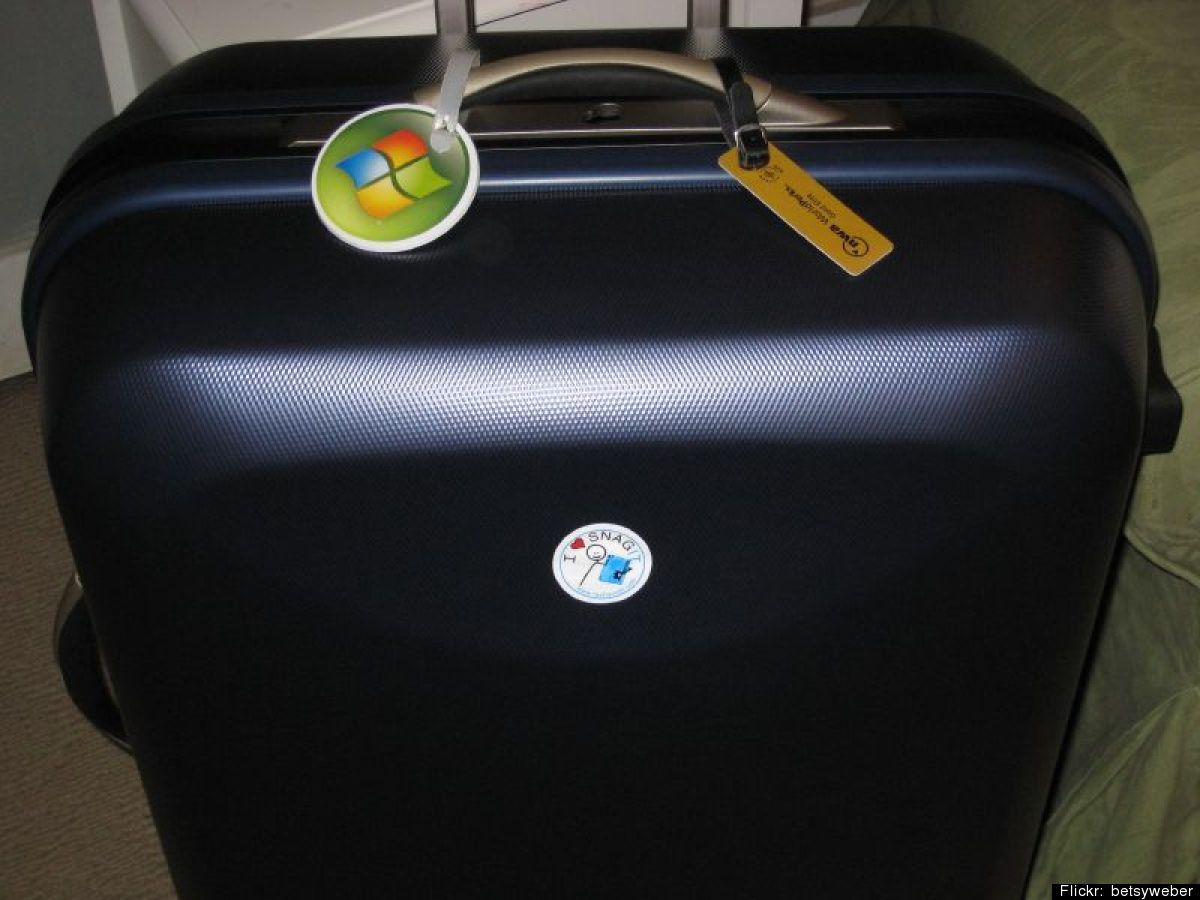
11. Baggage On Airlines
You’ll pay up to $35 to check your luggage when you fly. Some airlines – like JetBlue and Southwest – don’t charge extra for baggage, but most do. Check Airfarewatchdog’s Airline Baggage Fees Chart before you book. If you’re getting charged, only bring a carry-on (they’re free) or find a better airline.
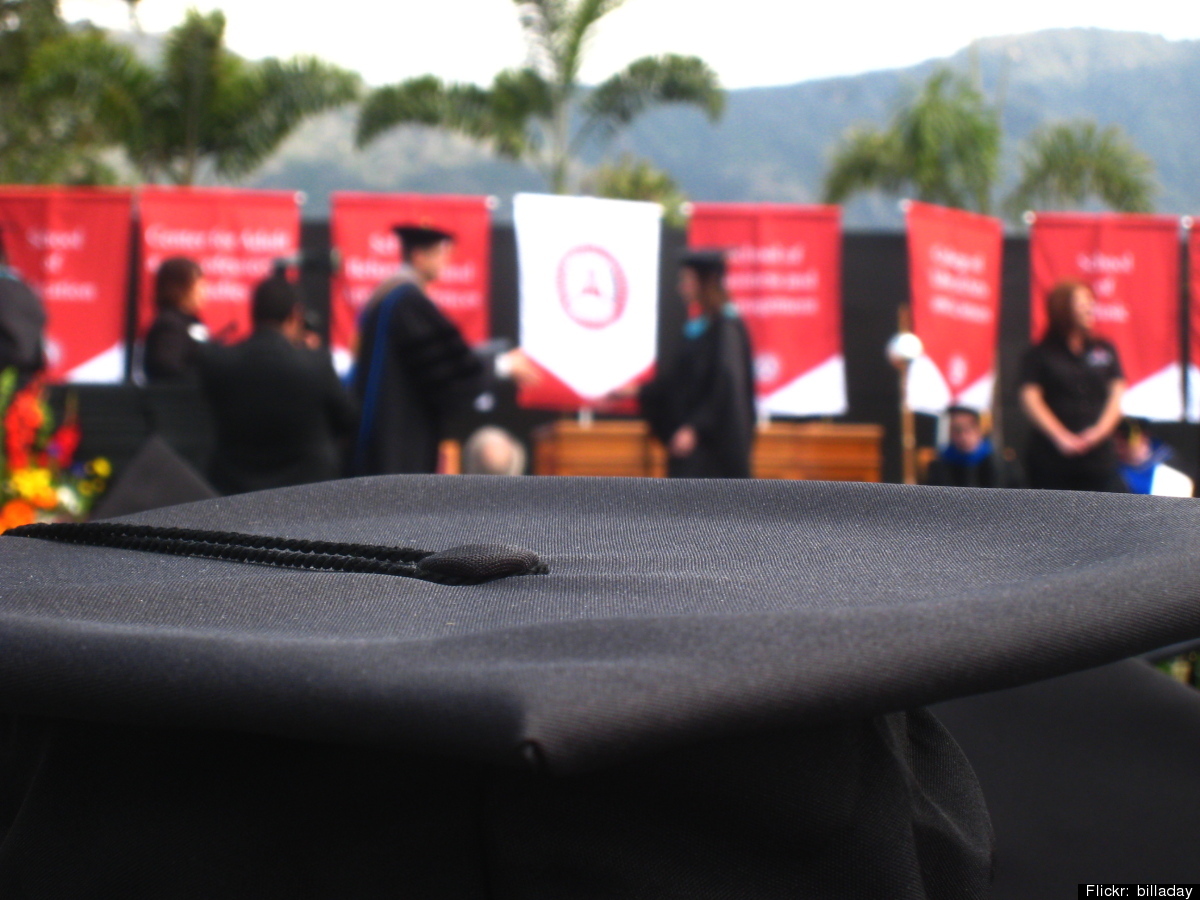
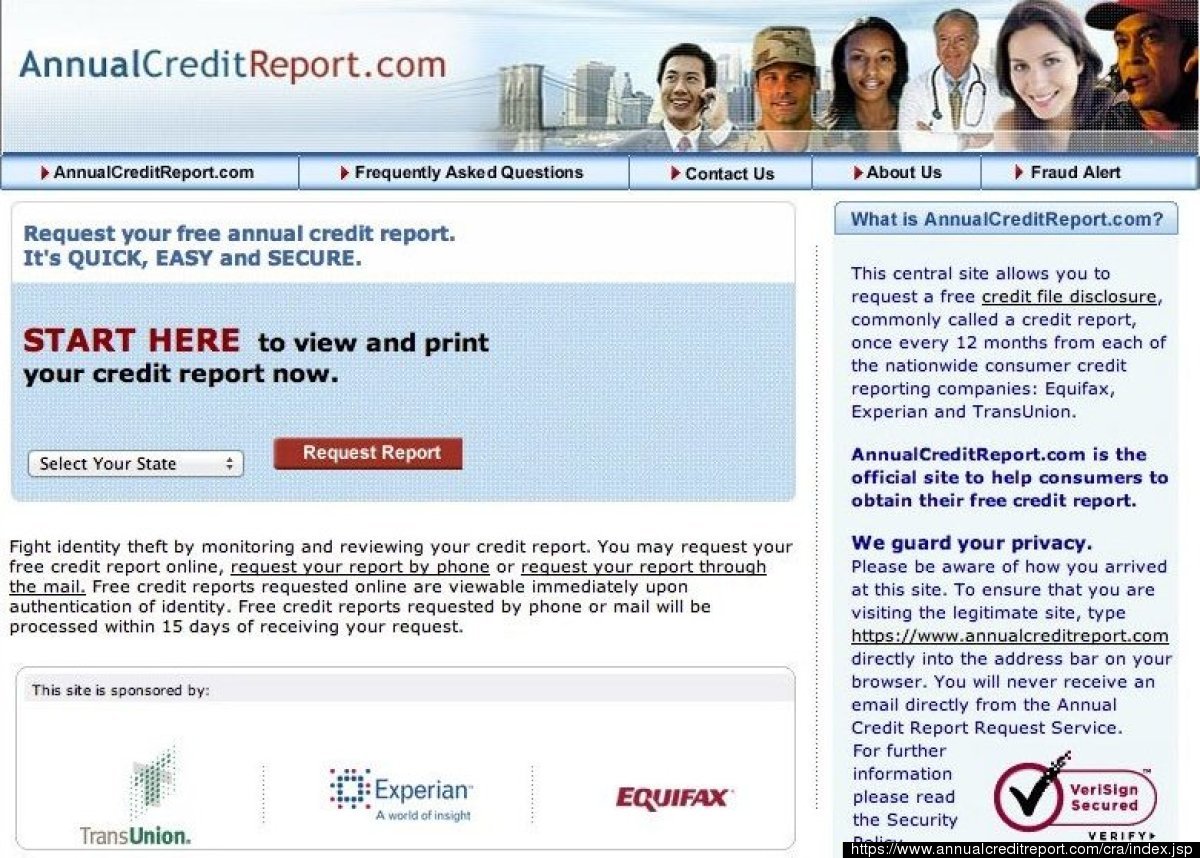
9. Credit Reports
By law, the three major credit bureaus have to give you a free copy of your credit report once per year. Don’t buy one until you’ve used up your freebies at AnnualCreditReport.com.Once you order your free credit reports, dispute any errors you find with the credit bureaus. Errors lower your credit score, and a lower credit score means higher interest rates and wasted money.
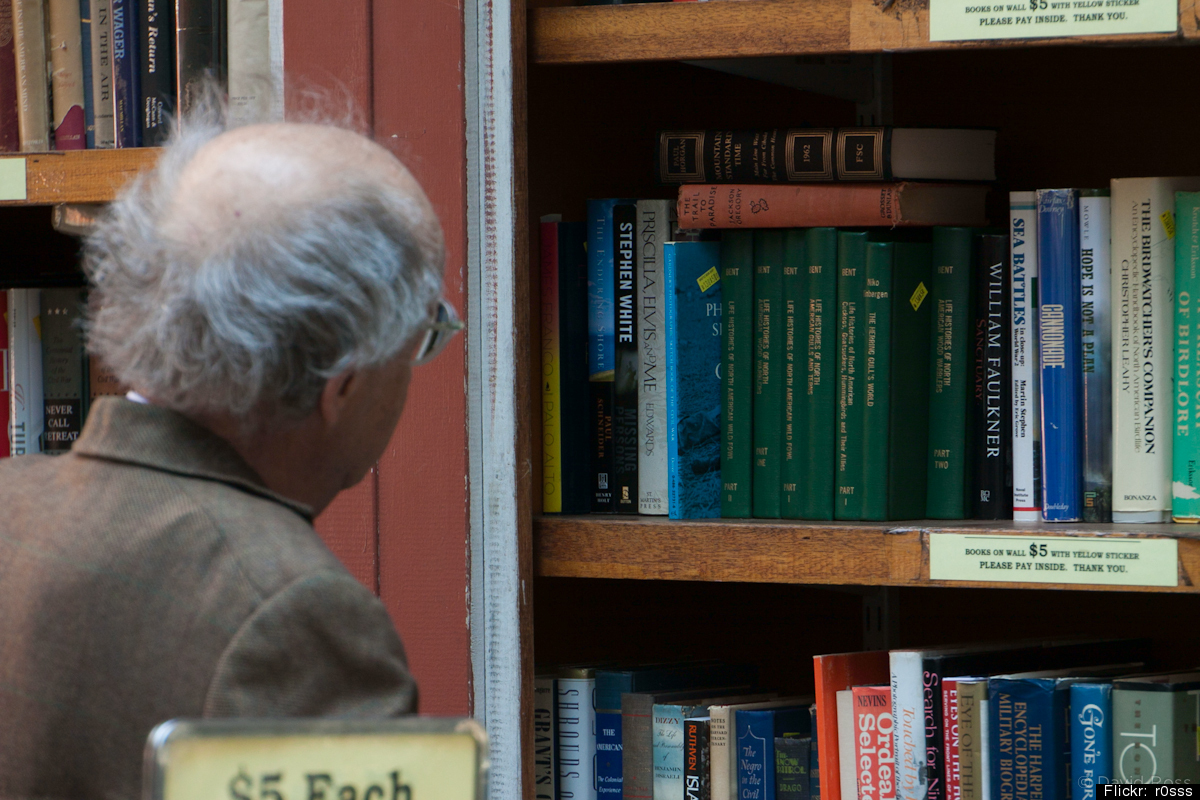
8. Buying Books
I’m an avid reader, but I haven’t paid the suggested price in years. There are plenty of free or cheaper options for getting new books:1. Get them from the library for free.2. Use a book-swapping service to trade books you no longer want for ones you do.3. Scour garage sales for books. I’ve bought many hardcovers for $1 this way.

7. Brand Names
Some brand names are worth paying a little more for, but in many cases, the cheaper generics are the same quality as the brand names. For example, basic food stocks like rice, sugar, flour, and butter taste the same no matter what the label says. And generic over-the-counter meds? They work just as well as the name brands.
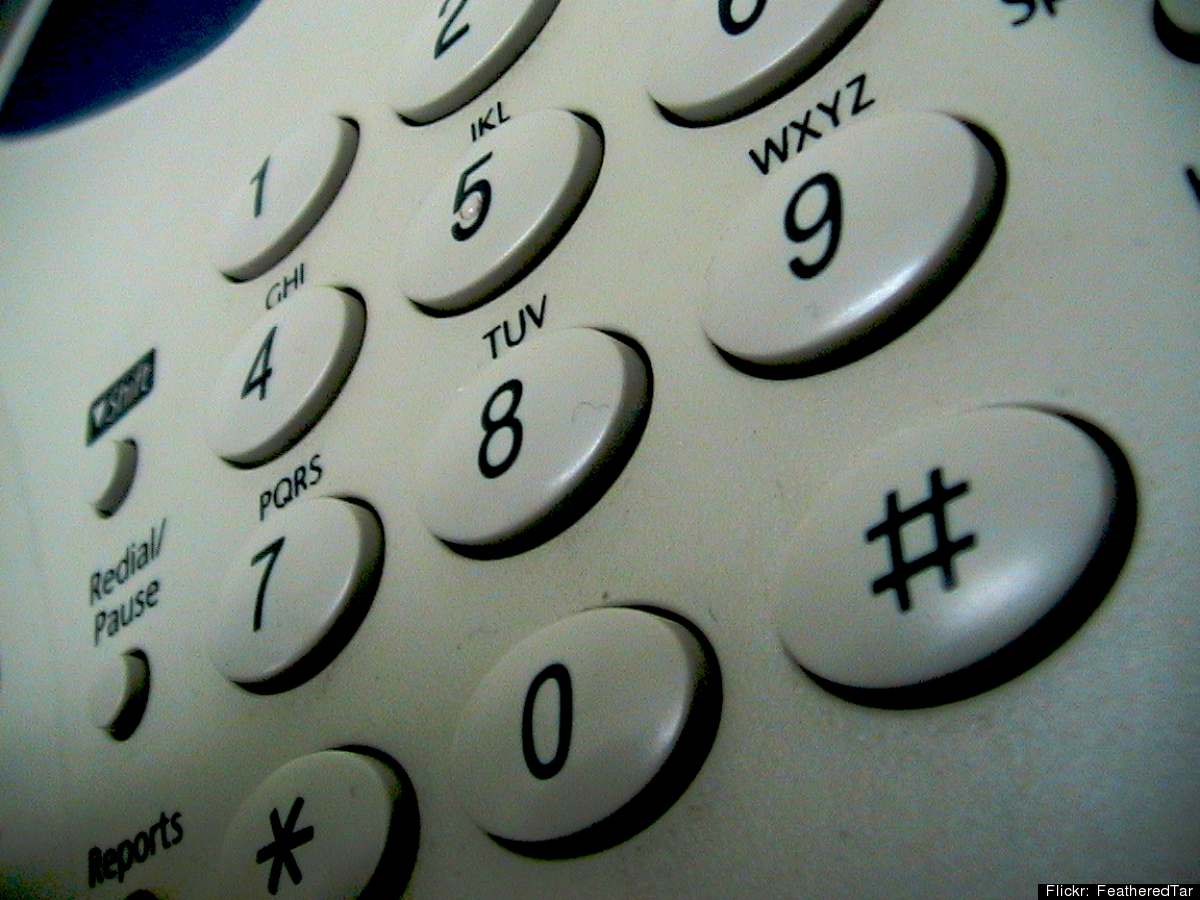
6. 411 Calls
Use the search feature on your smartphone – connect to a WiFi network and you won’t use your data – or dial free 411 (1-800-Free411.) The results are sponsored by companies, and you’ll have to listen to a 10-second ad, but it’s free.
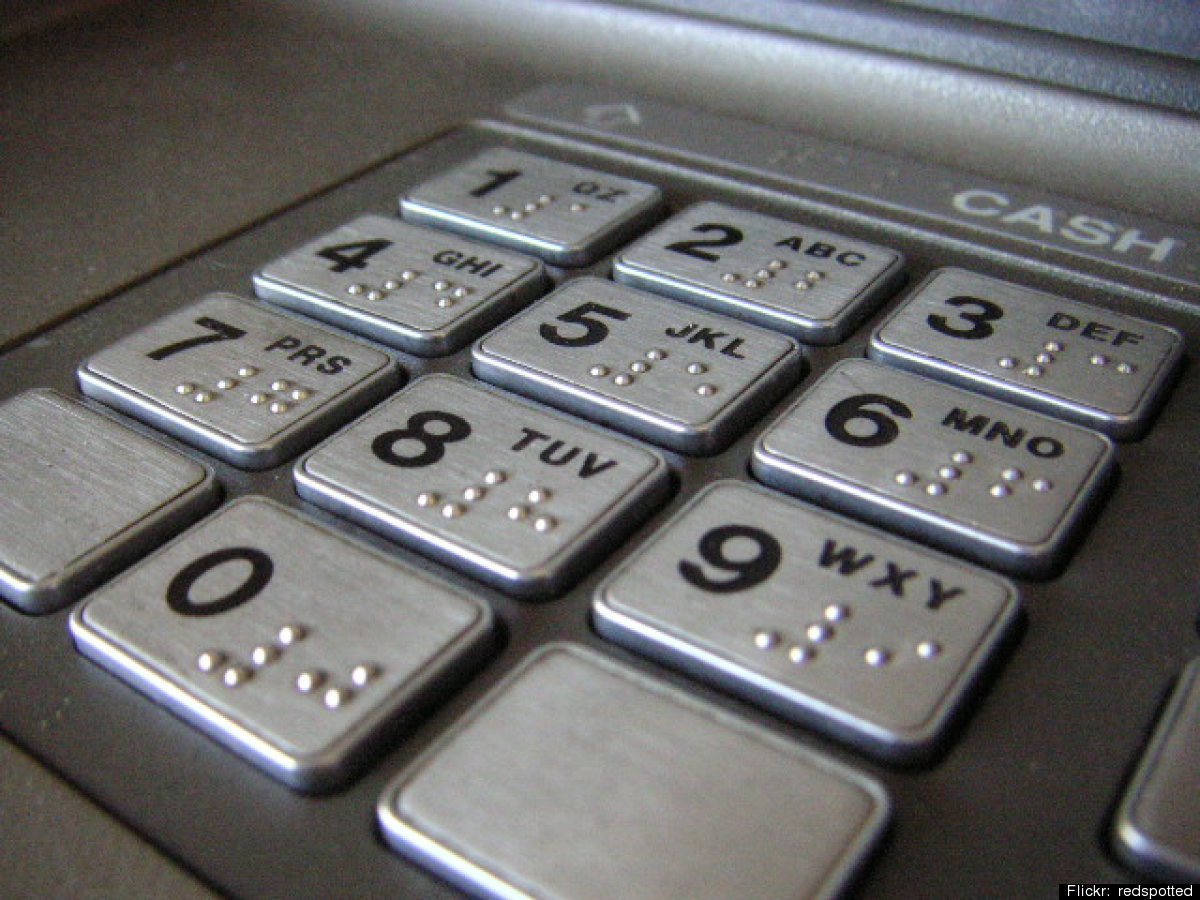
5. ATM Fees
My bank charged a $2.50 “convenience fee” for using an ATM that’s not in its network. Convenient for who? I didn’t live by a branch, so I was paying around $130 a year to use my own money. I changed banks, and now I use an app – ATM Hunter – to find a branch ATM.
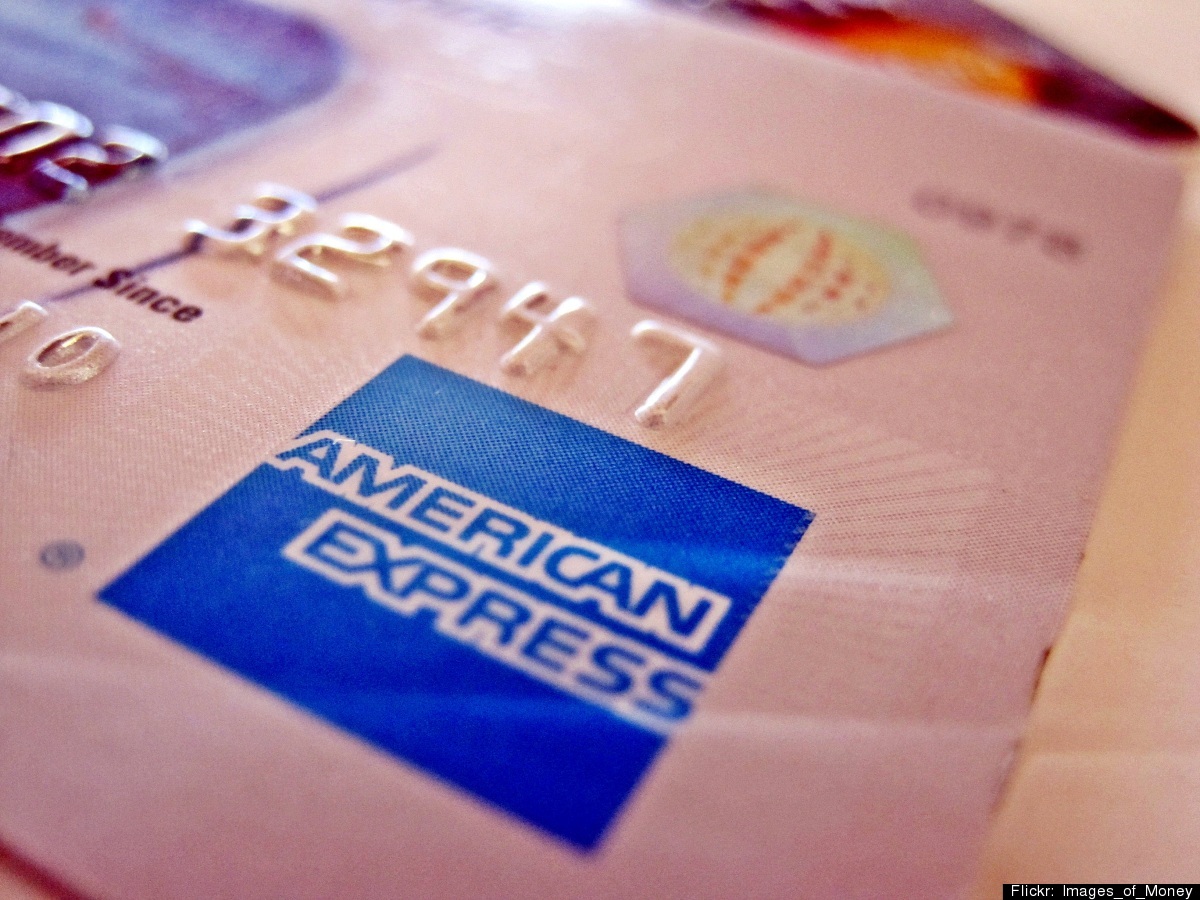
4. Credit Card Interest
If you’re not paying your credit card balance off in full each month, you’re wasting money on interest. If you carry a $1,000 balance on a card that charges 18 percent, you’ll waste $180 every year just on interest.

3. Bottled Water
A 16-ounce bottle of water costs about $1.50 at my local gas station. Buy a bottle of water five days a week, and you’ll spend $30 a month and $360 a year. While it’s not really free, water from your tap is much cheaper. If you hate the taste – and I do – you can buy a water-filtration system for as little as $20.
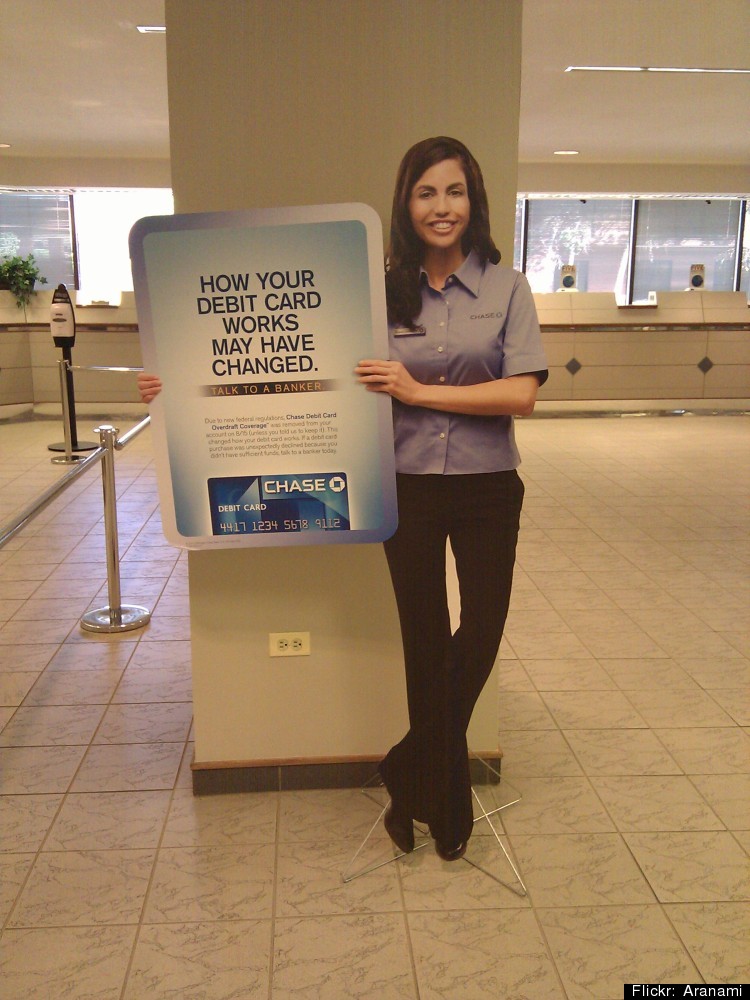
2. Checking Accounts
Big banks charge an average of $110 a year for checking accounts if customers don’t meet their minimum requirements, U.S. News & World Report recently revealed. Your options?Move your money to a community bank that will offer better terms, or head to a credit union. The National Credit Union Administration has a Credit Union Locator tool to help you find one in your area.For those comfortable enough with the tech, consider going to an online-only bank. Without the overhead of brick-and-mortar branches, the terms are often much better. Consumerism Commentary offers two lists that are a great starting point: The Best Online Checking Accounts, June 2012 and The Best Online Savings Accounts, June 2012.
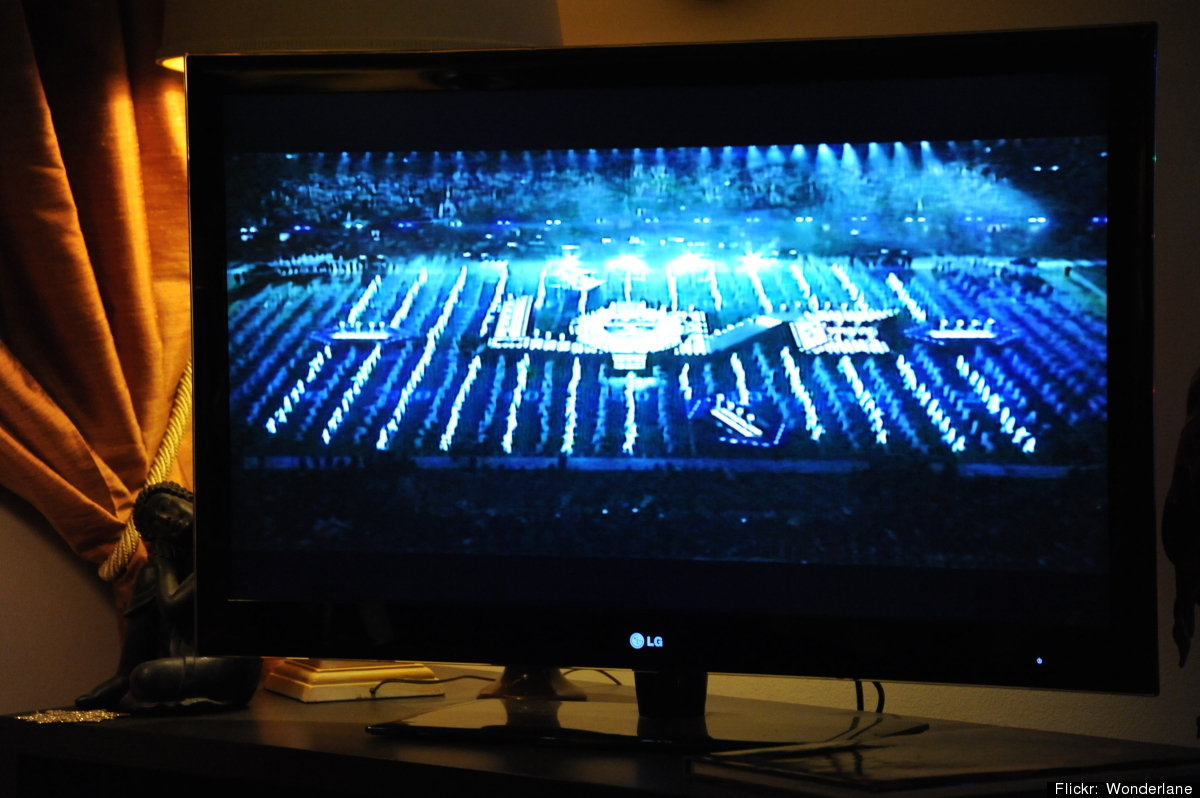
1. Cable TV
The average cost of cable is about $100 a month right now. And it’s still rising. A recent study by consumer research firm NPD Group says it “expects the average pay-TV bill to reach $123 by the year 2015 and $200 by 2020.” I canceled my cable about six months ago and haven’t looked back. I keep up on the TV shows I like with Netflix ($9.99 per month for streaming) and Hulu (free for basic, $7.99 per month for extended). Many networks also stream their shows on their websites. For example: ABC, NBC, The CW and Comedy Central.
